Why Your Dog May Not Eat Food on Time

As dog owners, we naturally want the best for our furry companions, and ensuring they eat on time is a top priority. However, there are times when our dogs may not be as eager to eat as we expect. This can be a cause of concern for many pet parents, but understanding the reasons behind this behavior is crucial in addressing it effectively.
At Progressive Canines, Hyderabad’s premier dog training center, we’ve encountered numerous caseswhere dogs exhibit irregular eating habits. Let’s explore some common reasons why your dog might not be eating on time and how you can help them develop better eating habits
Health Issues
One of the primary reasons your dog may not be eating on time is due to an underlying health problem. This could range from dental issues, gastrointestinal problems, or even infections. If your dog suddenly stops eating or shows signs of discomfort, it’s essential to consult a veterinarian to rule out any medical concerns
Stress and Anxiety
Dogs, like humans, can experience stress and anxiety, which can affect their appetite. Changes in their environment, the presence of new pets, or even separation anxiety can cause a dog to lose interest in food. Creating a calm and stable environment can help alleviate stress and encourage regular eating habits.
Picky Eating Habits
Some dogs are simply picky eaters. They may not like the taste, texture, or even the smell of certain foods. If your dog is consistently turning their nose up at meals, it might be worth experimenting with different high-quality dog foods. At Progressive Canines, we often recommend gradual transitions to new foods to prevent gastrointestinal upset.
Feeding Schedule and Routine
Consistency is key when it comes to feeding your dog. Irregular feeding times can confuse your dog’s natural hunger cues, leading to irregular eating habits. Establishing a regular feeding schedule helps your dog anticipate meal times and can improve their overall eating routine.
Lack of Exercise
Exercise plays a vital role in stimulating your dog’s appetite. A dog that is not getting enough physical activity may not feel hungry at meal times. Regular walks, playtime, and mental stimulation can help increase your dog’s appetite and ensure they eat on time.
Overfeeding and Treats
Sometimes, the reason your dog isn’t eating on time could be that they’re simply not hungry. Overfeeding or giving too many treats throughout the day can fill them up, leaving them uninterested in their scheduled meals. Monitoring treat intake and ensuring portion control during meal times can help maintain a healthy appetite.
Changes in Diet
Sudden changes in diet can lead to a temporary loss of appetite. Dogs may need time to adjust to new food, especially if they were previously accustomed to something different. Gradual transitions and mixing old and new food can help make this process smoother.
How Progressive Canines Can Help
At Progressive Canines in Hyderabad, we understand that feeding issues can be a source of stress for both dogs and their owners. Our expert trainers and behaviorists are here to help you understand your dog’s unique needs and develop a customized plan to address their eating habits. Through our comprehensive training programs, we focus on:
- Behavioral Assessment: Identifying the root cause of irregular eating habits.
- Routine Establishment: Helping you set a consistent feeding schedule.
- Dietary Guidance: Offering advice on choosing the right food and managing portion sizes.
- Stress Management: Providing techniques to reduce anxiety and improve overall well-being.
While it can be worrying when your dog doesn’t eat on time, understanding the reasons behind this behavior is the first step toward addressing it. Whether it’s a health issue, stress, or simply picky eating, there are solutions available to help your dog develop a healthy eating routine. If you’re facing challenges with your dog’s eating habits, don’t hesitate to reach out to us at Progressive Canines. Our team in Hyderabad is dedicated to helping your dog thrive in all aspects of life, including their eating habits. Contact us today to learn more about our training programs and how we can support you and your furry friend
